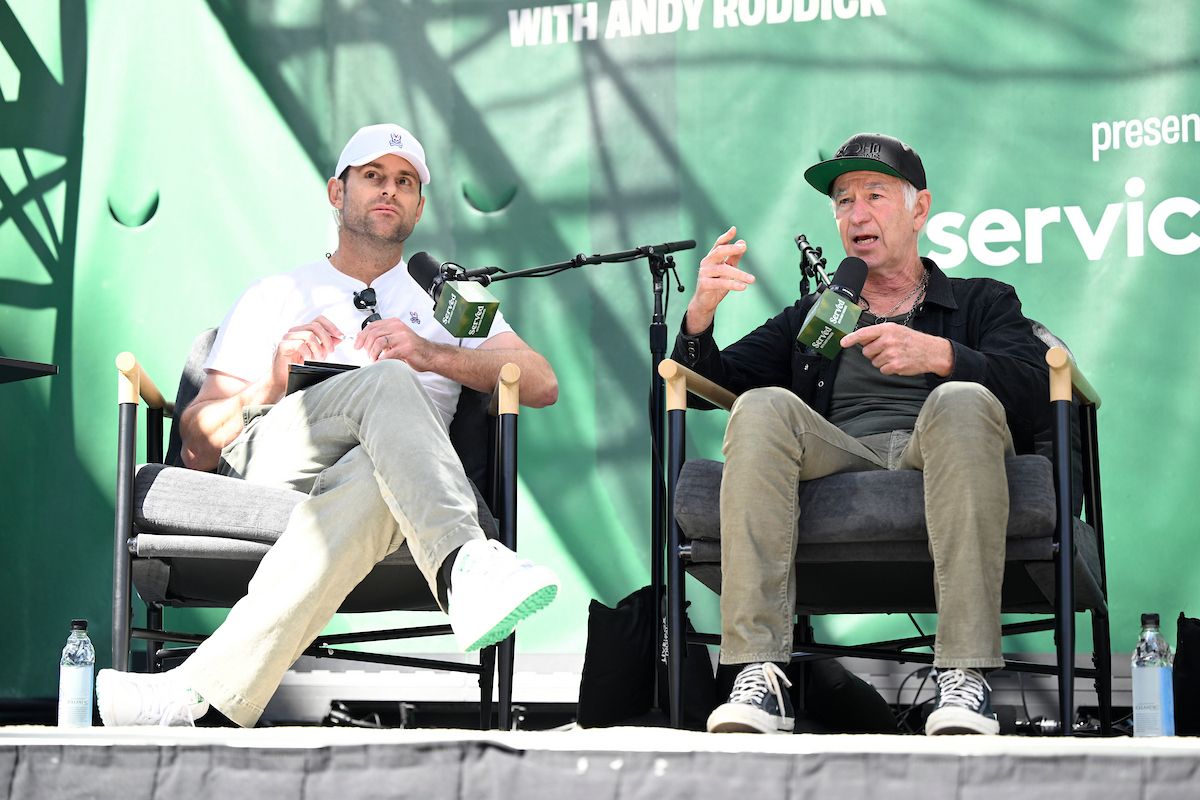Bomb squads to preserve morale? No, it’s playground bullying from managers

Or maybe people would start to wonder if you lacked empathy and that the mere existence of a bomb squad sounded rather worrying. Still, the term bomb squad appears to be accepted parlance in football. Ruben Amorim, to show how committed he was to solving the myriad problems at Old Trafford, placed Marcus Rashford, Alejandro Garnacho, Jadon Sancho, Antony and Tyrell Malacia into one such group. It meant the players trained apart from the main squad and usually much later in the day. And now Raheem Sterling has posted a photograph of himself training under floodlights after 8pm. The Chelsea winger is, alongside Axel Disasi, part of Enzo Maresca’s bomb squad.The Professional Footballers’ Association has raised the possibility that this could constitute “abusive conduct”. It is certainly difficult to reframe it as constructive. The basic principle is that such high-profile players need to stay fit in order to be sold but are definitely not in the manager’s plans. Yet there is a strand of cruelty to the concept. You might sneer and suggest that given Sterling is paid £325,000 per week, some late-night exercise is the least he can do, but this is to treat individuals as commodities.“My father is 75 years old and for 50 years he has been a fisherman, working from two o’clock in the morning to 10 o’clock in the morning,” Maresca said on Friday when asked about players training alone. “This is a sad life — not a player and the way that they work.”Sterling is wealthy, for sure, but while he would not win a Monty Python-style debate about tough upbringings — “we lived for three months in a rolled up newspaper in septic tank” — his father was murdered when Sterling was a toddler. And his career, like all players, is a short one and he is not alone in having agents who seek out the best deals. He wants to play, too, for as long as he can; and to go through fitness drills without the carrot of being part of the team, even as a substitute, must be dispiriting as well as insulting.Is the onus on the player and his representatives to leave when so obviously rejected? For a start, managers come and go, so running away is not necessarily sensible. And Chelsea signed Disasi on a six-year deal which hardly sounds like they wanted to encourage the mindset of being one who is disposable.The implication is that for bomb squad players to breathe the same air as the chosen ones would be damaging to morale. Surely this speaks to a lack of imagination. Someone such as Sterling will have a plethora of skills and experiences that can be utilised in group training, and by being there he could well reveal something that an open-minded coach could use come match day.Chelsea are a young team, so why not treat the 30-year-old Sterling as a guru. His CV is stellar. He was a dazzling starlet at Liverpool and won four league titles with Manchester City while amassing 82 caps for England. He has seen stuff most of the Chelsea squad have not. It does not look, however, as if Maresca is about to soften any time soon so, instead, Sterling can take pleasure in the way in which Rashford took his own bomb squad status and blew it up, culminating in his two goals for Barcelona against Newcastle United in the Champions League on Thursday evening.One manager’s bomb squad is another manager’s lucky dip. With some irony Garnacho has ended up with Maresca at Stamford Bridge. Amorim might look at Garnacho’s poor defending of Brentford’s late equaliser against Chelsea last weekend and feel vindicated. Maresca might prefer to focus on the fact the introduction from the bench of the Argentina winger in that 2-2 draw spiced up what had been lacklustre performance from his team.Managers need to believe they know best, and they sideline players all the time — but bomb squads have the whiff of playground bullying, are a step too far and a very bad look for the Premier League.











